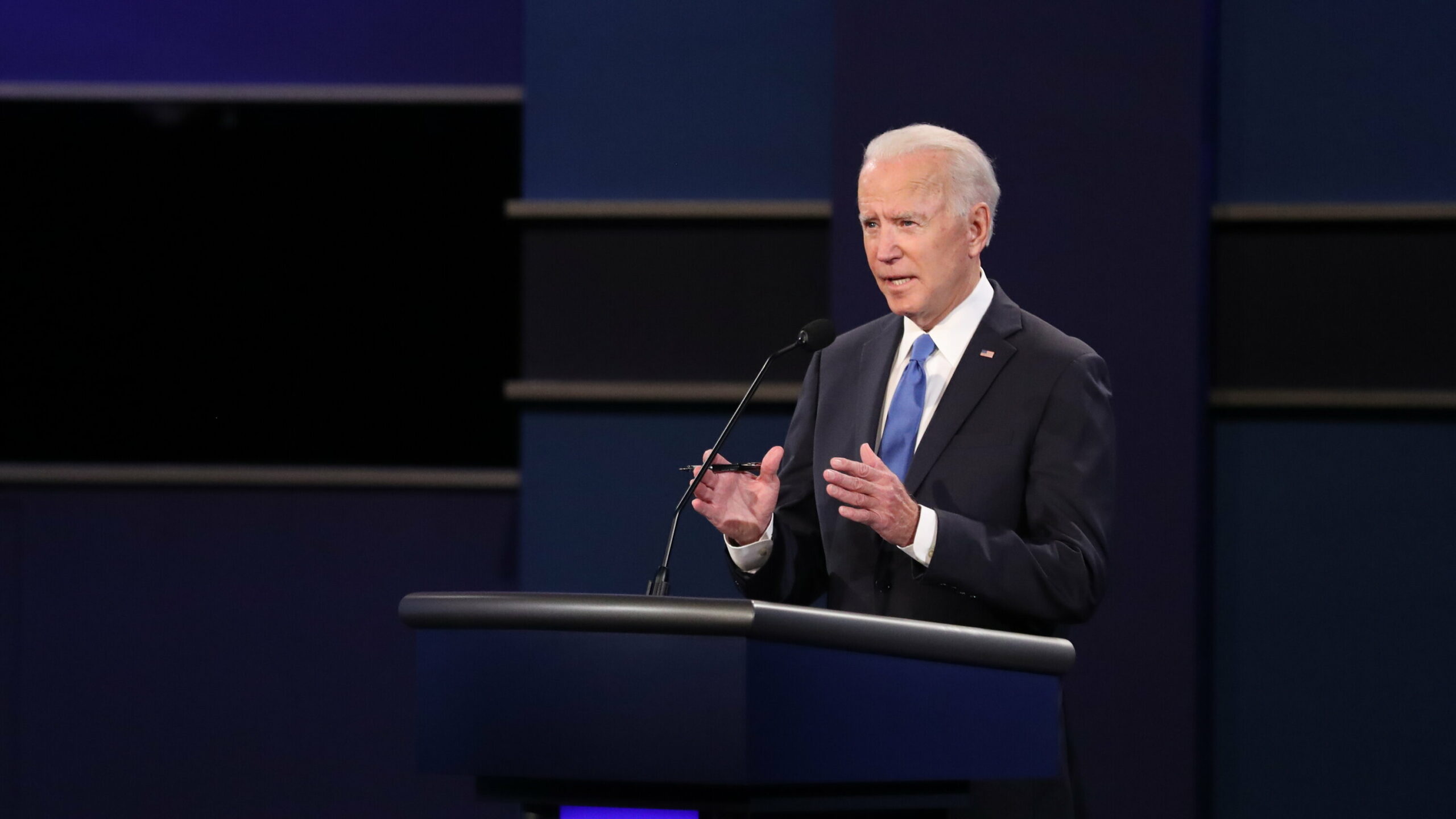Previous President Donald Trump thought outside the box when it came to how the economy associated with political decision results. A bigger number of individuals supported than opposed his financial exhibition, at this point his gathering lost the House in 2018 and the Senate and administration in 2020.
Presently with President Joe Biden in the White House, it looks like legislative issues might be getting back to a level of regularity. Americans’ perspectives on the economy could by and by disclose to us who will hold legislative force after the midterms.
Ongoing surveys show a high relationship with how citizens feel about Biden’s presentation on the economy and how they expect to cast a ballot in the 2022 midterms. Surveys from AP-NORC, Fox News and NPR/PBS NewsHour/Marist all have Biden’s endorsement rating on the economy in the low 50s with an objection rating in the mid-to-high 40s. The normal hole was around 4 focuses.
Surveying likewise shows that Democrats have around a 4-point advantage over Republicans on the conventional legislative polling form.
At the point when you analyze singular segment gatherings, you perceive how intently the two inquiries are connected.
A Quinnipiac University survey from May showed that Biden’s net endorsement rating (endorsement – objection) on the economy contrasted from the edge on the conventional legislative voting form by a middle of only 4 focuses across in excess of twelve segment and political gatherings.
Also, a 4-point advantage on the conventional voting form may not be sufficient to clutch the House given potential surveying blunders. Regardless of whether the current surveying were awesome and held through the midterms, the impending redistricting cycle might actually take into consideration Republicans to acquire a larger part in the House without advancing their situation in the public vote.
We shouldn’t be too amazed that citizens’ perspectives on Biden’s financial standing and their political inclinations in front of 2022 are plainly related. Regularly, when Americans like a president’s monetary exhibition, they are bound to remunerate (or if nothing else not rebuff) his gathering in the midterms.
George W. Shrub in 2002 was the last president before Trump whom a bigger number of electors supported than objected to on the economy in a midterm cycle. Bramble’s Republican Party in 2002 resisted the historical backdrop of a president’s gathering losing seats in the midterm.
Before Bush in 2002, Bill Clinton’s Democratic Party got seats in the 1998 midterm political race. Once more, a lot a greater number of electors supported than opposed Clinton’s monetary exhibition.
Hedge (in 2006) and Clinton (in 1994) were undeniably less lucky in their other midterm political decision. The two of them saw their gathering’s lose the House and the Senate. Both had dissatisfaction evaluations on the economy over their endorsement appraisals.
In fact, it merits commenting the amount of an anomaly Trump was the point at which it went to the economy and midterm races.
Outside of Trump, past significant midterm misfortunes have been related with presidents who appraised ineffectively on the economy: Lyndon Johnson in 1966, Gerald Ford in 1974, Ronald Reagan in 1982, Clinton in 1994, Bush in 2002 and Barack Obama in both 2010 and 2014.
Presently, it wasn’t the situation that in these midterms that it was the economy that did the president’s gathering in. The Watergate embarrassment, for example, had a ton to do with the Republican Party’s issues in 1974. Similarly, citizen reaction to Bush’s treatment of 9/11 probably assumed a major part in how well Republicans did in 2002.
All things considered, unmistakably Trump thought outside the box. Biden could break it as well, however I’m less disposed to figure he will.
One central motivation behind why is the economy is essentially evaluated as a more significant issue now than it was in either 2018 or in 2020.
Financial issues are as of now appraised as – or tied for – the country’s most significant issue in surveying from Fox News and Gallup. Back in 2018, the economy consistently ran a far off second or third for the country’s most significant issue. In the leadup to the 2020 political race, the Covid was viewed as the country’s concern. In Gallup’s latest survey, under 10% of Americans recorded it as the country’s most significant issue without precedent for longer than a year.
Put another way, there was much more going on than simply the economy with Trump. Electors didn’t pass judgment on Trump simply on his monetary record, yet additionally on how they felt he was acting in the Oval Office. In Gallup surveying, helpless authority reliably beat down the economy as one of the country’s most significant issues during Trump’s time in office.
With Biden and the Democrats, then again, the economy is bound to represent the deciding moment them. A wrecked recuperation could prompt a Republican resurgence one year from now. A solid recuperation could be the manner in which the Democrats clutch power.
Disclaimer: The views, suggestions, and opinions expressed here are the sole responsibility of the experts. No Economy People journalist was involved in the writing and production of this article.




